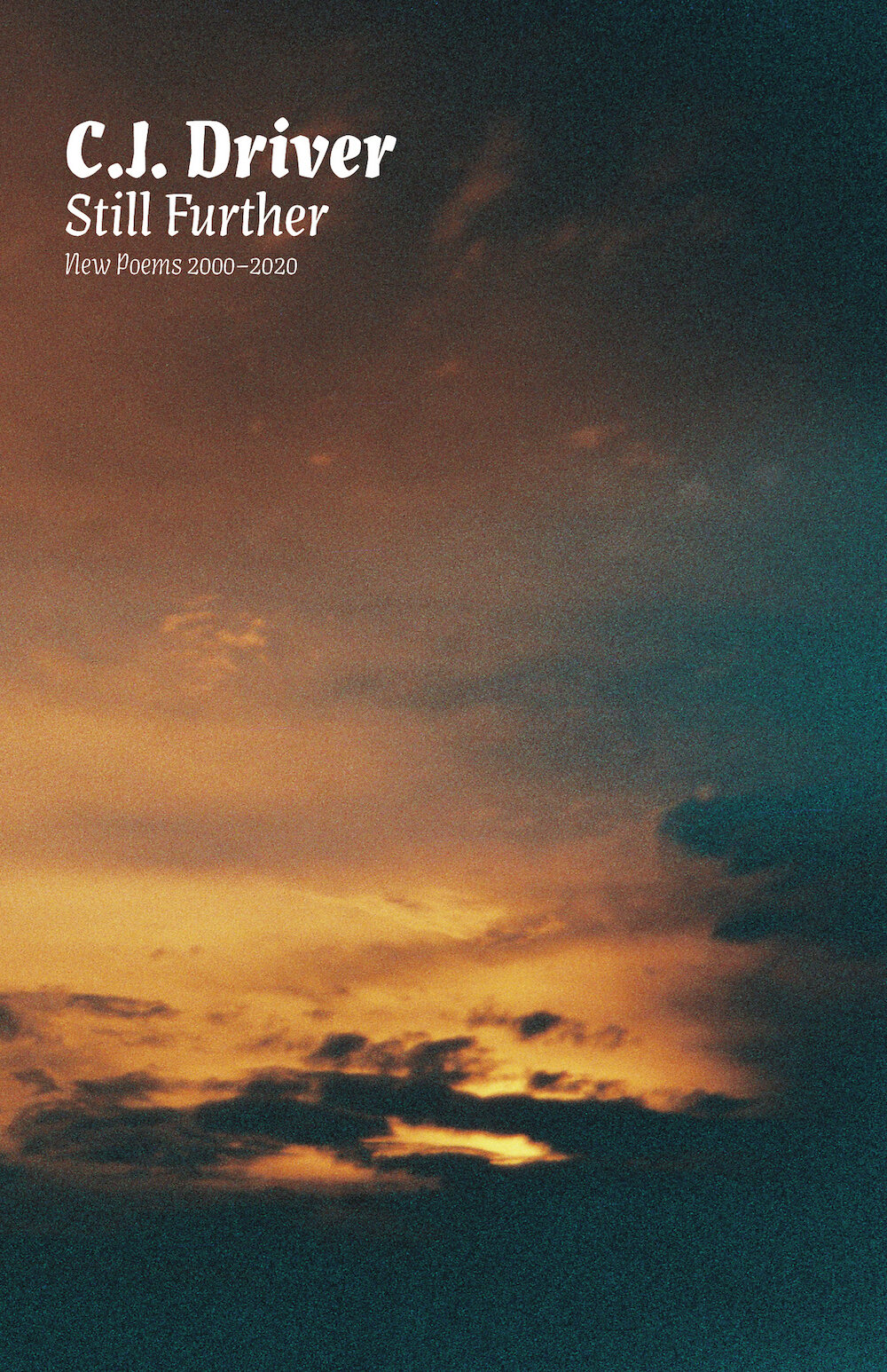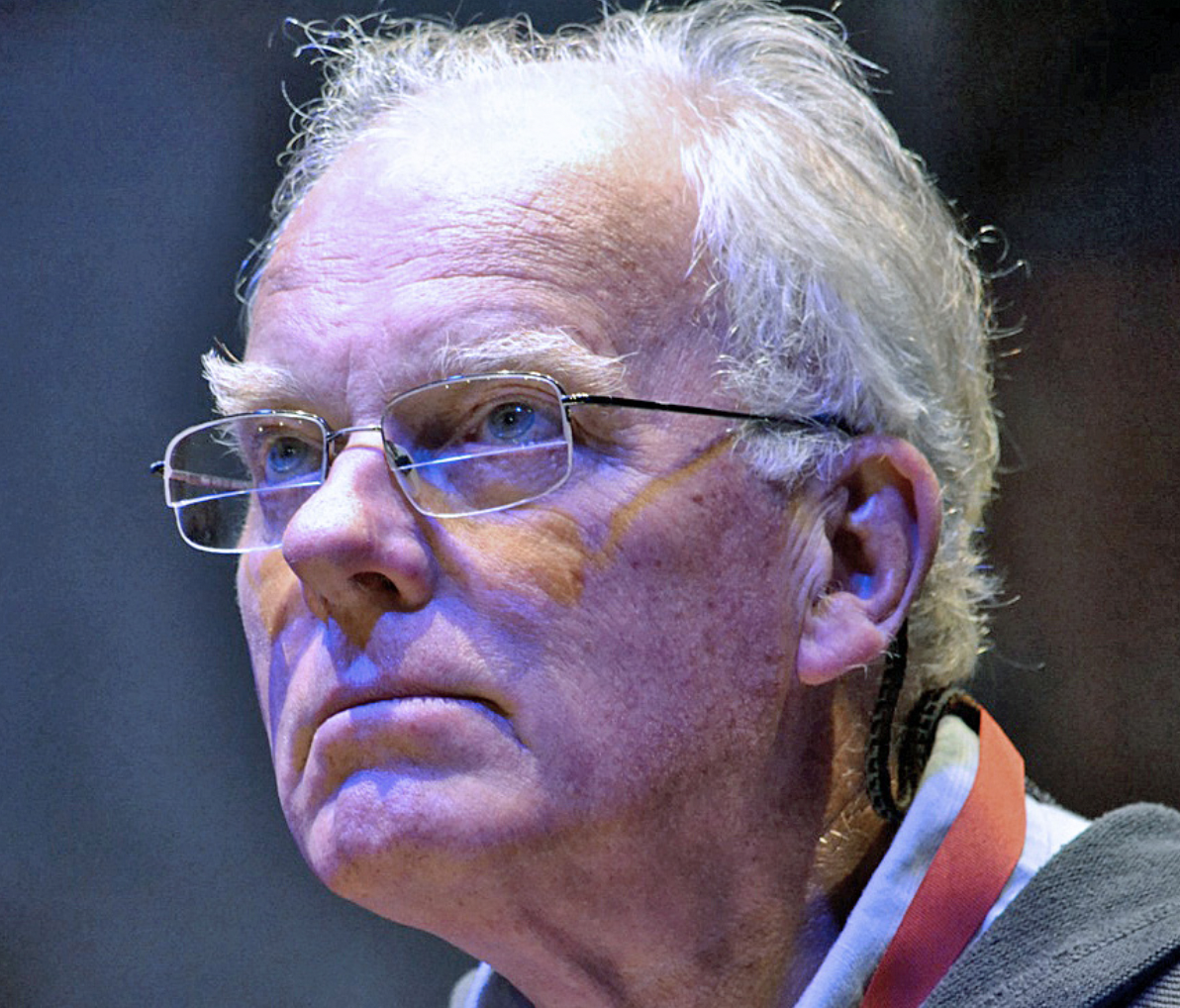This is a very difficult post for me to write, but I have decided to cancel uHlanga's 2021 open submissions period, which was planned for February. As this will undoubtedly cause frustration and disappointment, I have decided to be open about the reasons for making this decision, especially as I am aware that some poets are already planning to send in work.
If you are upset by this decision, I can only apologise – but I would ask you please to read the rest of this letter.
When I started uHlanga in 2014, I had no idea that it would be a successful publisher of poetry. Part of uHlanga's success has been the open submissions periods, which I try to schedule every two years, both as a service to South Africa's poets and because some of our best books have come from these open submissions. For just one example, Saaleha Idrees Bamjee's 2020 Ingrid Jonker Prize-winning book, Zikr, came from our 2017 reading period. As such, I was looking forward to reading new work from new and established poets, but the reading period simply cannot go ahead this year.
There are two main reasons for this. We are all aware of the context of the first: in addition to other unexpected things that happened to uHlanga in 2020, the ongoing Covid-19 pandemic has more or less halved our sales income. This means we cannot publish as many books as we would like to. We can only afford – and just barely – to publish the books we already have planned. Of course, I could open submissions and reject every manuscript without reading them, but – having been on the receiving end of such practices by (surprisingly large) publishing houses myself – I know how callous and unfair this would be, and possibly fatal to the hopes of promising new writers.
The second reason is personal. With the notable exceptions of a distribution and sales contractor, as well as help from two excellent interns a few years ago, I have run uHlanga almost entirely by myself. That also means that, come submissions time, I – or, in the minority of cases, someone I trust very much – must read every single of the 200-plus manuscripts sent in to uHlanga. Previously I have relished this challenge – I find it illuminating and often inspiring, even if only one per cent of all submitted manuscripts end up published.
But over the past year, my health has been significantly worse than what it needs to be. In order to recover, and to keep uHlanga running for any amount of time beyond this year, I must relieve myself of some weight. uHlanga – as many poetry presses around the world are – is a part-time project for me. It makes me no money, and sometimes I'm not sure if it brings me much else other than the satisfaction of producing books that make their writers and readers happy, and that, in addition to their artistic and literary merit, embody to different degrees a shared politics of visibility, expression, collaboration, historical redress, love, and justice.
So, however disappointing this news may be, rest assured that I am probably just as disappointed. I am very sorry to have announced a reading period only now to cancel it, especially in the midst of a terribly dispiriting time in South Africa and most of the rest of the world. I hope to have another reading period as soon as I can handle it. Other presses will have open reading periods this year, and I wish you the best of luck in placing your work with them.
Until then, keep safe,
Nick Mulgrew
Director, uHlanga









